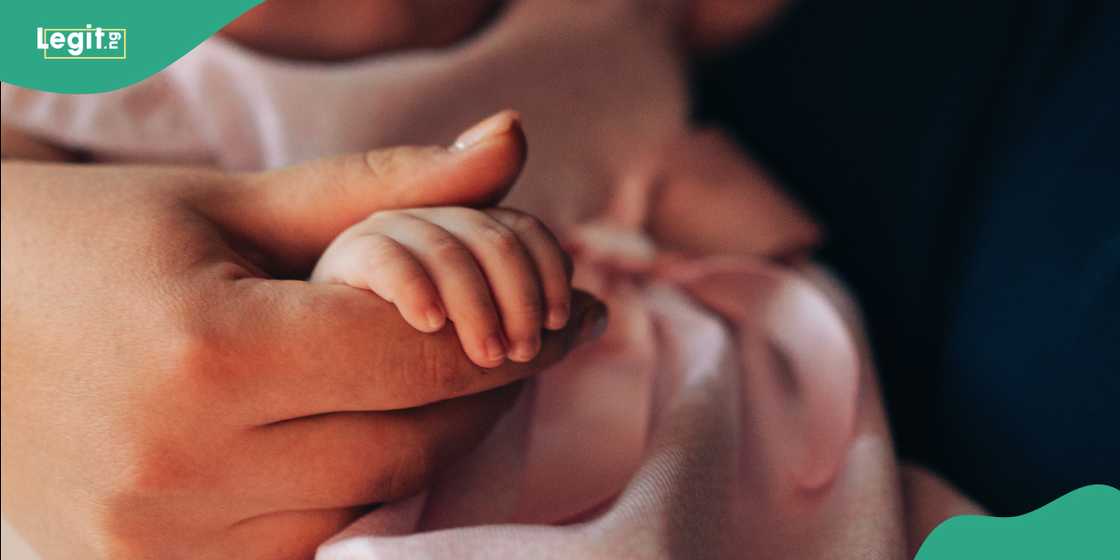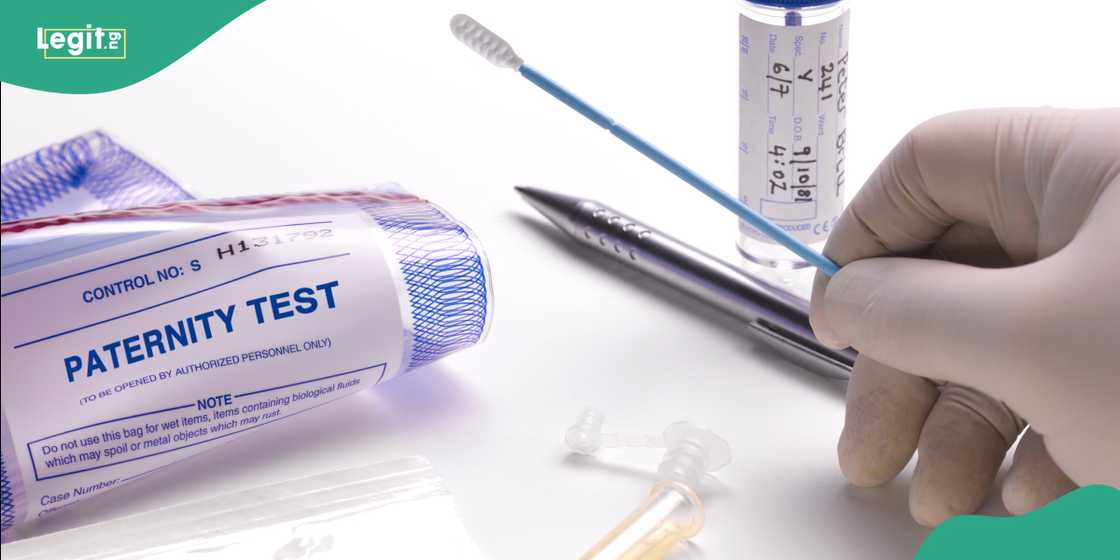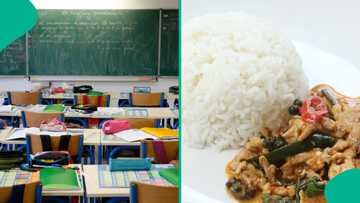DNA Crisis: One in Four Paternity Tests in Nigeria Disproves Fatherhood, Report Shows
- Smart DNA’s 2025 report shows that 25 percent of paternity tests in Nigeria disprove assumed fatherhood, with firstborn children most affected
- The report also reveals a surge in immigration-related DNA cases as more families seek documentation for relocation abroad
- Operations Manager Elizabeth Digia urged reforms, integration of DNA testing into health programs, and new laws to address paternity fraud
A new report by Smart DNA, one of Nigeria’s leading genetic testing centres, has revealed that about 25 percent of paternity tests conducted in the country show that the presumed fathers are not the biological parents of the children involved.
The centre released its 2025 Annual DNA Testing Report in Lagos on Sunday, covering cases handled between July 2024 and June 2025.

Source: Getty Images
It showed that while paternity disputes remain a major issue, there has also been a sharp increase in immigration-related DNA testing linked to Nigeria’s rising wave of migration.
According to the report, immigration-related requests rose to 13.1 percent of all cases, a significant jump compared to previous years.
The trend was linked to families pursuing documentation for relocation abroad, with many seeking DNA evidence to secure foreign passports for their children.
Medical centres publish paternity crisis annual report
The centre also noted that paternity exclusion remains high, though slightly lower than the 27 percent recorded in 2024.
The report revealed that firstborn children are most likely to be involved in disputed cases, with firstborn sons accounting for 64 percent of negative results.

Source: Getty Images
Data from the report further showed a sharp gender gap in who initiates tests. Nearly 90 percent of paternity tests were requested by men, while women accounted for just 11.8 percent of cases.
Smart DNA’s Operations Manager, Elizabeth Digia, described the findings as troubling for family stability and urged Nigerian authorities to take proactive steps.
She argued that the absence of paternity fraud laws leaves men vulnerable after years of supporting children later proven not to be biologically theirs.

Read also
360 students landed in hospital in critical condition after consuming free government lunch
“Nigeria lacks specific paternity fraud laws, unlike South Africa, leaving men with little legal recourse after years of financial responsibility for children proven not to be theirs,” she said.
She also recommended that DNA testing be incorporated into family health services and premarital counselling, stressing that many Nigerians still carry misconceptions about its use.
“Many believe DNA testing is only for wealthy families or assume physical resemblance guarantees paternity. Our role is to provide certainty through accurate testing while encouraging sensitive handling of this life-changing information,” Digia added.
Smart DNA concluded that the findings reflect growing cracks in family trust, alongside the economic and social pressures shaping household decisions in Nigeria.
Kano community bans boyfriend-girlfriend meetings
Earlier, Legit.ng reported that the Sharada community in Kano State has banned boyfriend-girlfriend meetings beyond 10 p.m. as part of sweeping new security measures.
The village head, Alhaji Iliyasu Muazu Sharada, announced the restriction alongside 28 other bylaws following consultations with ward heads, and community elders.
Source: Legit.ng



